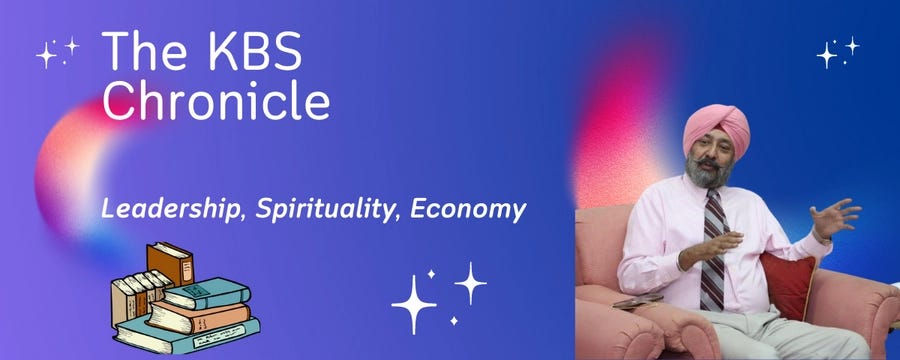Trump Trials: Not All Quiet Over the Holidays
Supreme Court Limitation in Colorado High Court Ruling Looms Large
What’s Ahead?
As the festive season unfolds, the legal landscape is far from tranquil concerning Donald Trump. The former President is poised to appeal to the Supreme Court following a pivotal decision by the Colorado Supreme Court that precludes him from appearing on Colorado's 2024 GOP presidential primary ballot. The clock is ticking; the Colorado Court's order is temporarily stayed only until 4th January 2024, setting a brisk timeline for the Supreme Court's intervention post-appeal. This significant ruling, rooted in a post-Civil War amendment targeting insurrectionists, represents merely one aspect of Trump's broader legal quagmire, which encompasses four criminal trials, each proceeding irrespective of his political candidacy status.
1. D.C. Federal Case on Election2020 Obstruction
In the unfolding saga of the 2020 election's legal aftermath, the Supreme Court has declined Special Counsel Jack Smith's request for a swift and direct adjudication regarding presidential immunity for Donald Trump. This decision relegates the matter to the usual procedural route, with the D.C. Circuit federal appeals court set to conduct oral arguments on January 9th to deliberate whether Trump's federal election obstruction case should be dismissed under the presidential immunity doctrine.
In October, Trump appealed to Judge Tanya S. Chutkan to dismiss charges on the grounds that the alleged criminal actions occurred during his presidency, thereby rendering him immune. Judge Chutkan dismissed this claim, prompting Trump's legal team to argue to the D.C. Circuit that presidential immunity is vital for robust executive leadership. They maintain that Trump's endeavors to contest Joe Biden's electoral victory are "quintessential Presidential acts."
Meanwhile, Judge Chutkan has paused all pre-trial proceedings pending the appellate court's decision, casting uncertainty on the planned March 4th, 2024 trial date. This sequence of events has intensified the scrutiny on presidential immunity's scope and its implications for executive accountability, marking a crucial period in the interpretation of constitutional protections for U.S. Presidents.
Restraint Order: In both his Federal Criminal case in D.C. and Civil Business Fraud trial in New York, Trump is subject to limited gag orders that restrict his public commentary about certain individuals involved in the cases. His legal team has appealed to the full appeals court in D.C. for an en banc (Full Bench) review, seeking to revisit a three-judge panel's decision to maintain the gag order, albeit in a revised form, which still does not bar him from attacking the prosecutors, the Judge and also publicly asserting that the case is politically motivated. These gag orders, pending final adjudication, primarily concern Trump's First Amendment rights to free speech as both a private citizen and a presidential aspirant, rather than directly impacting the merits of either case.
2. Georgia State Case On 2020 Election
In the Georgia state case concerning the 2020 election, Trump faces 13 charges for allegedly attempting to interfere with the state's election results. Alongside Trump, 18 individuals were charged, with four already pleading guilty. While no trial date is set yet, a recent development involves an appeals court affirming that Mark Meadows, Trump's former chief of staff, was not entitled to get his case transferred to a federal court. Meadows, indicted with Trump, may seek further appeal to the Supreme Court, invoking a statute designed to protect federal officials by transferring cases related to official duties from state to federal court. The debate over federal protections for Trump's former chief of staff, Mark Meadows, highlights the intricate dance between state authority and federal jurisdiction.
3. Florida: Federal Classified Documents Case, Jury Selection
In this case, Trump is charged with 40 counts related to accusations of retaining top-secret government documents at Mar-a-Lago, his residence and private club, and obstructing government efforts to retrieve them. The trial is scheduled for May 20. In preparation, Judge Aileen Cannon has directed both prosecutors and Trump's attorneys to collaborate on a joint questionnaire for prospective jurors to facilitate the in-person jury selection process—a standard procedure in high-profile cases.
Judge Cannon has requested the questionnaire by February 28, a deadline slightly extended from what the prosecutors initially proposed. The voir dire (speak the truth, literally) process, the questioning of potential jurors to determine suitability, is anticipated to be particularly exhaustive. Given the nature of the case, attorneys will likely delve deep into potential jurors' backgrounds and opinions to ensure an unbiased jury is selected for this significant trial.
4. New York: State Hush Money Case
New York's hush money case remains in a lull, yet it forms a crucial part of the wider mosaic of Trump's legal entanglements, emphasizing the varied and complex nature of the charges he faces.
You might be wondering…..
The looming question over the Supreme Court's potential bias towards Trump, given its conservative lean and Trump-appointed justices, remains unanswered. Historical precedents suggest a nuanced approach from the Court, especially on matters of executive privilege and accountability, indicating that the outcome is far from a foregone conclusion.
As the legal proceedings unfold, the nation watches closely, understanding that the implications extend beyond the courtroom, touching on the very principles of justice and democracy. Action in the new year 2024 can only get faster, and more furious.






You could always expect justice here in US, no matter what.
True facts are explained .Pray for the truth & right decisions .🙏🙏